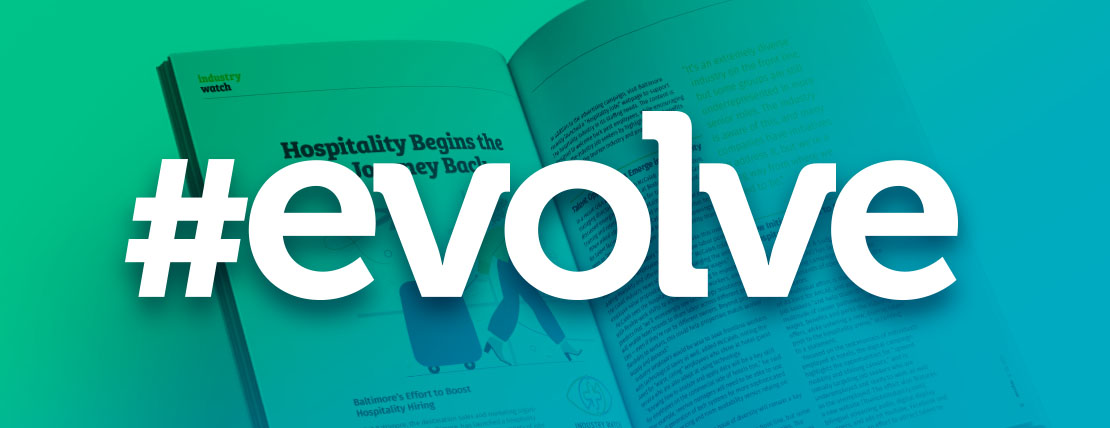As a college dropout (who is not famous, rich, brilliant or proud), I am uniquely semi-qualified to defend marginalized employee populations. It is shameful that in the year 2021 many organizations continue to quietly discourage and often prohibit the hiring or advancement of atypical workers because they do not think, act or look like most high-powered executives. Their lack of refined presentation skills and formal education frequently flags them as unsuitable and automatically ineligible to contend for meaningful jobs and influential roles.
Students who learn differently from their peers — who lag in a traditional classroom setting — are frequently left behind in a curriculum defined by conventions and where mastery is measured by standardized tests, not real-world situations. Square peg, round hole. This fact parallels the same professional boundaries and roadblocks encountered by unorthodox yet savvy individual contributors who operate in a style distinct from polished corporate execs.
Undereducated and neurologically diverse folks are sometimes painted into a corner and relegated to the cube farm as productive oddities. Not quite sheep but not quite shepherds. Uncertain of how they fit into the big picture, they are told in so many words that they should be glad to have made it this far, considering their lack of sophistication and bona fide credentials.
Organizational leaders who claim to be woke in this New Work Exchange may want to reconsider their approach to finding and keeping the best talent. They may want to listen to the voices of the disenfranchised. They may want to choose mentoring over meddling or managing.
Some people leave a job because they see no path for growth or opportunity. Others may not feel connected to the mission or they lack confidence in the leadership. A culture cannot be inclusive if it builds a strategic vision without input from these “different, not difficult” individuals.
I find it gratifying to see organizations such as Hewlett-Packard finally recognize that traditional hiring practices can screen out qualified and talented applicants. It speaks to the belief that a multidimensional workforce should no longer act exclusionary or be fearful of its differences. We should no longer judge or perceive inadequacy because someone failed to attend the “right” school, wore the wrong business attire or impulsively spoke out of turn on a Zoom call.
“Our leaders need to lead with humility,” says Krista Deguffroy, the director of inclusion at SEI.
What I find most exciting about the future of a diverse workforce is covered in the article, “Cultivating the Future Workforce: The Importance of an Early Start” by Jim Fickess.
Jim’s article attests that this next generation of workers appears motivated more by purpose than paycheck. It hints at delivering a return on promise to corporations that prioritize people over profit, a philosophy that aligns with the chief corporate responsibility expressed in the 2019 Business Roundtable statement: All stakeholders matter, not just shareholders.
Could we truly be overcoming the misguided principles and prejudices of our past?








